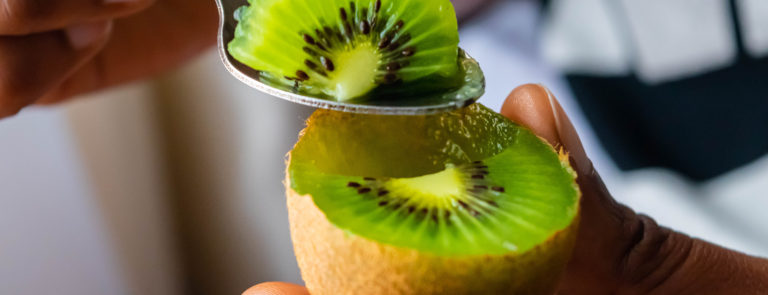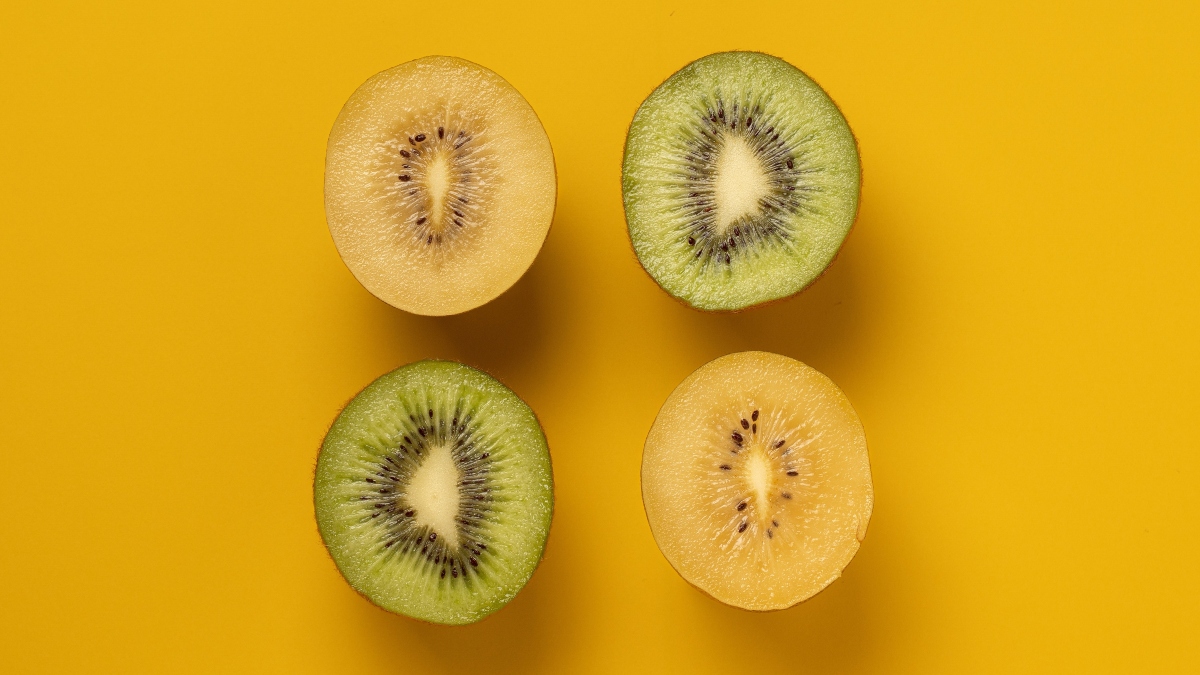A Deep Dive Into Kiwi Growing: Revealing the Methods, Difficulties, and Prospective for Sustainable Farming
In this short article, we will take you on a deep dive right into the methods, challenges, and possibility for lasting farming in the world of kiwis. Discover the optimum expanding conditions, sophisticated growing techniques, and the lasting methods that can unlock the complete capacity of kiwi farming.
Optimal Growing Problems for Kiwi Plants

Cutting-Edge Cultivation Techniques
General practitioner technology allows for accurate mapping and monitoring of the kiwi creeping plants, maximizing irrigation and fertilization practices to guarantee that each plant gets the essential nutrients and water. An additional cutting-edge technique is vertical farming, which involves growing kiwi plants in stacked layers using synthetic illumination and climate-controlled settings. By accepting these innovative methods, kiwi farmers can accomplish higher efficiency, enhance resource usage, and contribute to sustainable farming practices.
Challenges Faced by Kiwi Farmers
Encountering numerous challenges, kiwi farmers have to navigate with numerous barriers to guarantee effective cultivation and lasting farming practices. Kiwi plants need a certain environment to grow, with cozy summertimes and trendy wintertimes.
An additional considerable obstacle for kiwi farmers is pests and illness. Kiwi creeping plants are susceptible to a variety of parasites, including mites, aphids, and thrips, which can harm the fallen leaves and fruit. Additionally, illness like Psa (Pseudomonas syringae pv. actinidiae) and botrytis can drastically impact kiwi production. Farmers need to use integrated insect administration techniques, such as regular monitoring, biological control techniques, go and correct hygiene, to prevent and manage parasite and condition outbreaks.
Kiwi farming calls for labor-intensive tasks, such as pruning, harvesting, and trellising. Finding skilled workers who are educated regarding kiwi farming strategies can be difficult.
Sustainable Farming Practices for Kiwi Farming

To make certain sustainable kiwi cultivation, you can execute a variety of methods that advertise ecological stewardship and lasting stability of your ranch. One vital technique is using natural plant foods and parasite monitoring strategies. By staying clear of artificial chemicals and rather choosing all-natural options, you can reduce the unfavorable effect on soil health and wellness and biodiversity. Furthermore, it is important to exercise accountable water administration. Kiwi plants need a considerable amount of water, but too much irrigation can bring about water waste and dirt disintegration. Carrying out effective watering systems, such as drip irrigation or precision lawn sprinklers, can aid preserve water and maximize its use. An additional lasting farming method is making use of cover crops. These crops not only help prevent dirt disintegration however also improve dirt fertility by including raw material and repairing nitrogen. Carrying out incorporated bug administration techniques can significantly reduce the need for chemical pesticides. By encouraging all-natural killers, utilizing pheromone traps, and exercising plant turning, you can successfully control parasites while lessening environmental damage. Finally, embracing lasting energy methods, such as utilizing solar power or investing in energy-efficient modern technologies, can reduce your ranch's carbon our website footprint and add to a more sustainable kiwi farming system.
Unlocking the Possible of Kiwi Farming
By executing lasting farming practices, you can unlock the complete potential of kiwi farming while lessening ecological impact. Kiwi farming has immense capacity for growth and earnings, however it likewise includes its very own collection of difficulties. To completely open this capacity, it is critical to take on lasting strategies that not just take full advantage of return and high quality however likewise make sure long-lasting feasibility.
One secret element of unlocking the potential of kiwi farming is maximizing irrigation techniques - what do kiwis taste like. Kiwi plants call for a certain quantity of water to flourish, and by utilizing effective irrigation systems try these out such as drip irrigation or accuracy lawn sprinklers, you can reduce water wastage and reduce the threat of waterlogging or dirt disintegration
One more essential element is dirt wellness administration. Abundant and healthy and balanced dirt is vital for the growth and development of kiwi plants. By applying techniques such as cover cropping, crop turning, and organic fertilization, you can improve dirt structure, enhance vitamins and mineral schedule, and lessen the requirement for chemical inputs.
Additionally, integrated pest monitoring (IPM) strategies are vital in opening the potential of kiwi farming. By adopting IPM strategies such as organic insect control, scent catches, and crop monitoring, you can properly handle insects and conditions while decreasing the usage of chemical pesticides.
Conclusion
In verdict, kiwi cultivation holds excellent potential for lasting farming practices. With ideal expanding conditions and an emphasis on lasting practices, kiwi farming can prosper while reducing environmental influence.
Discover the ideal expanding conditions, innovative farming methods, and the lasting methods that can open the complete capacity of kiwi farming. By welcoming these advanced strategies, kiwi farmers can achieve higher performance, maximize resource utilization, and contribute to lasting farming practices.
Facing many difficulties, kiwi farmers need to browse with numerous barriers to make certain effective farming and lasting farming methods.By applying lasting farming practices, you can unlock the complete possibility of kiwi farming while lessening environmental influence.In conclusion, kiwi cultivation holds wonderful potential for lasting farming methods.